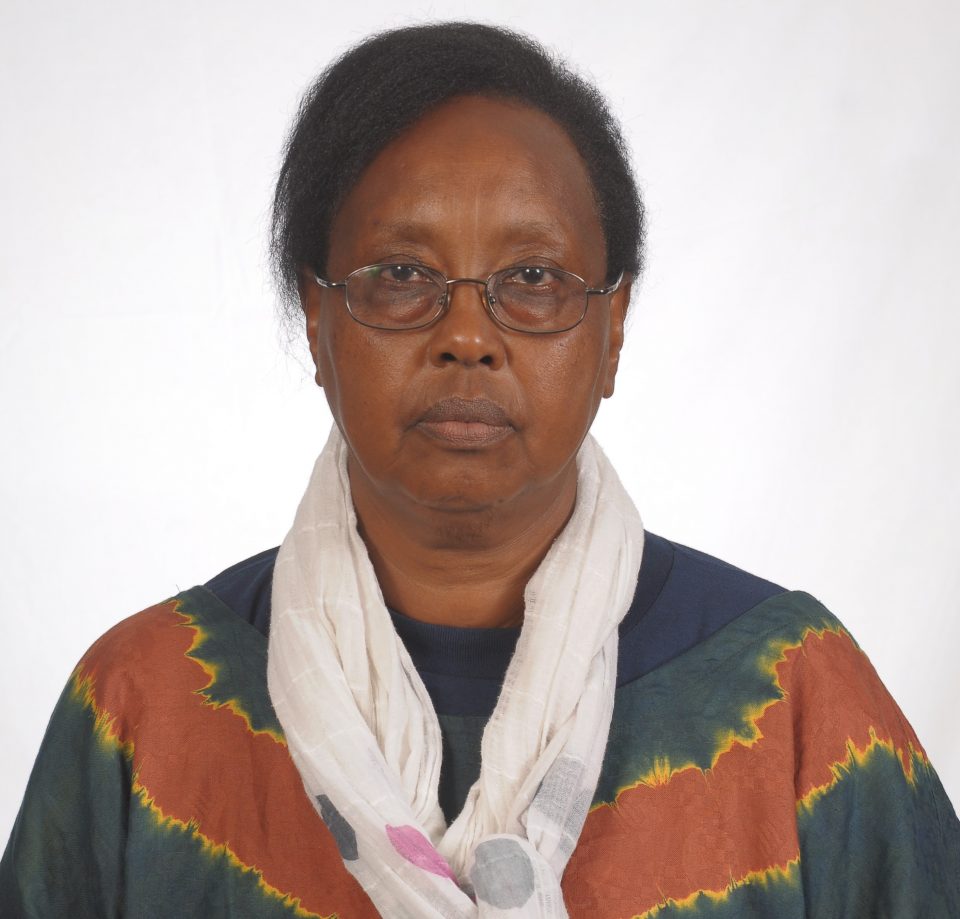Important rituals are sometimes banned, often from a lack of understanding of what they portend
By Naomi Kipurry
Culture is what makes a person; it is the totality of a person’s identity, customs, norms, beliefs, history, language, heritage and everything else. It is culture that defines customary food preferences, appropriate behaviour, proscribed and anti-social behaviour, children’s upbringing, and our relationship to the environment that defines how we manage and exploit it sustainably.
It is culture that gives us direction in defining work roles for men, women, youth and children within the family. Culture also dictates the way we create wealth through work and the way we redistribute it to younger generations as they grow.
How we communicate with each other and relate internally and externally is all informed by culture. In short, culture is everything since it defines our very existence as people with distinct and separate identities. It is culture that separates human beings from animals. It is therefore true that a person without culture is a slave.
As one travels, you learn to appreciate small aspects of your own culture more. When I left Kenya for the first time to go abroad in 1977, I was delighted to venture out into the “big world” out there. But no sooner had I arrived than I realised that people just passed each other without exchanging greetings.
Do they not see each other? Do they not like each other? Are they afraid of each other or is it that they simply do not care about each other? These are some of the troubling questions that went through my mind upon seeing this.
What I was going through was a culture shock, because in my home country people always greeted each other — in those years, even in the streets of Nairobi!
I really prefer to greet and be greeted; it gives me a sense of belonging and of appreciation, of identity. It is a reaction based on cultural upbringing. We grew up always greeting everyone you met. It was the appropriate thing to do. Nowadays, we constantly have to remind our children to greet people!
Sometimes, one appreciates some aspects of other cultures that are not present in our own. But no matter how desirable they may be, you cannot subsume them to be yours. Of course, colonisation has created ideological pressures that make colonised people to abandon their own cultures as they were dubbed “primitive” and “backward” in favour of cultures of the coloniser.
In the case of small indigenous communities, pressure continued during the post-colonial periods and after. Important rituals are sometimes banned, often from a lack of understanding of what they portend. Involvement with the church also creates similar results from a spiritual perspective.
This would result in total confusion among communities about what is acceptable and what is not, as they try to conform to mainstream ideas of behaviour as well as habits of popular culture. It is a painful process, especially since culture is always changing, and given the right information people are capable of deliberating among themselves in order to weed out the negative and retain positive aspects of their cultures.
Whenever possible, I like to wear our Maasai outfits that coincidentally are admired by many outside our land and have been co-opted, unacknowledged, as a “national dress”. In fact, I highly recommend it as our county dress.
Either way, I would state that I would not want us to abandon all aspects of our culture in favour of other peoples’ cultures, lest we become their slaves. Granted, there are serious aspects of our culture that need to be discarded — such as female circumcision and child marriages — but we do not need to throw away the baby with the bath water.
All cultures have negative aspects that were either discarded or changed as the rest of the culture remains. This demonstrates the dynamic aspect of culture; it is always changing. Actually, unless it changes, it dies altogether.
Now that we have a new constitution (it is no longer that new) we have an opportunity to sit together and decide what we need to consciously throw away and why, and what we need to keep and perpetuate and why. Once we have made that decision, we can then design strategies on how to implement those decisions.
We have an extremely rich culture that has important elements that can offer lessons and values to modern society.
Dr Naomi Kipurry the chair of the Kajiado Taskforce Committee on Cultural Heritage. She is also the author of ‘Oral literature of the Maasai’.
